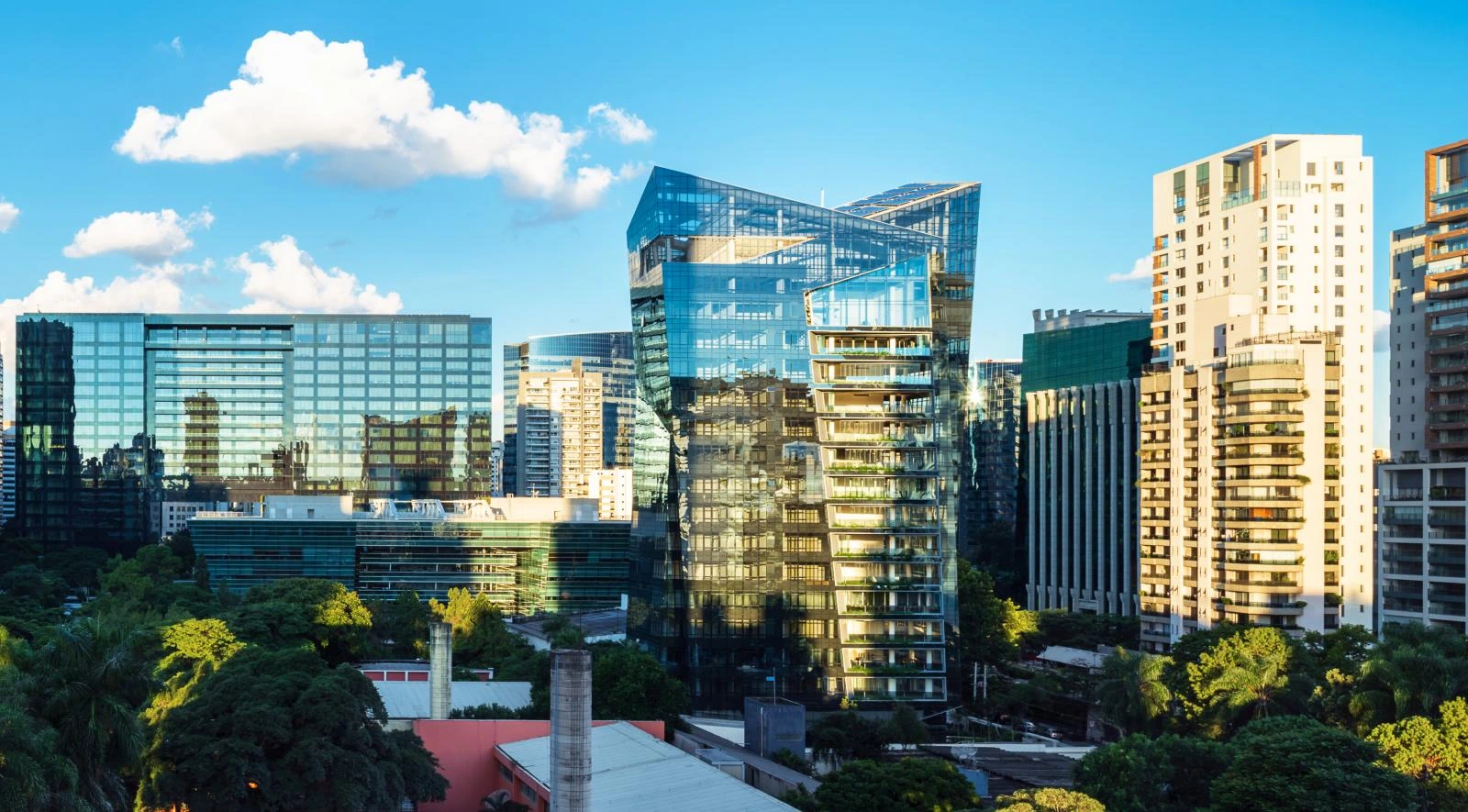Recent findings by Kearney, a global strategic management consultancy, reveal a decline in the global competitiveness of Brazilian cities.
Since 2019, these cities have become less attractive for investments, people, and ideas. In the latest assessment, covering the first half of 2023, São Paulo ranked 46th among 156 cities.
Other Brazilian cities in the ranking include
- Rio de Janeiro (76th),
- Belo Horizonte (111th),
- Porto Alegre (115th),
- Salvador (124th), and
- Recife (131st),
all experiencing a drop compared to their 2019 standings.
In Kearney’s Global Outlook study, evaluating 156 cities for their investment, human capital, and idea retention potential, Brazilian cities underperformed.
None ranked in the top 100, with São Paulo at 101st and others like Salvador, Rio de Janeiro, Belo Horizonte, Porto Alegre, and Recife between 132nd and 136th.
According to Sachin Metha, Kearney’s country manager for Brazil, the challenges are more related to Brazil’s overall situation than specific city issues.

The country faces hurdles in conducting business, characterized by extensive bureaucracy and slow-moving reforms.
Metha anticipates improvements in the tax arena due to recent reforms and stresses the need for reduced bureaucracy and economic volatility.
Despite these challenges, Brazilian cities have positives, as noted by Kearney:
- They offer innovation and technology incentives;
- Act as major economic hubs in the country;
- Have ongoing public and private development initiatives.
Metha also highlights the Brazilian cultural factor, noting the country’s innovative spirit and openness to new ideas.
He suggests that Brazilian cities could look to benchmarks like those in the Middle East, where significant capital inflows are occurring, rather than established cities like New York, Paris, or London.
Traditional leaders face increased competition
Metha adds that reducing barriers and improving safety conditions are crucial, especially in cities like Rio de Janeiro and those in the Northeast.
Internationally, traditional leaders like New York, London, and Paris face increased competition from emerging global centers.
As per Kearney’s findings, the rise of remote work, geopolitical fragmentation, and the acceleration of technologies like artificial intelligence are reshaping the competitive landscape.
For more in-depth information and insights, referring to Kearney’s studies or related financial publications would provide a comprehensive understanding of these global and local trends.

